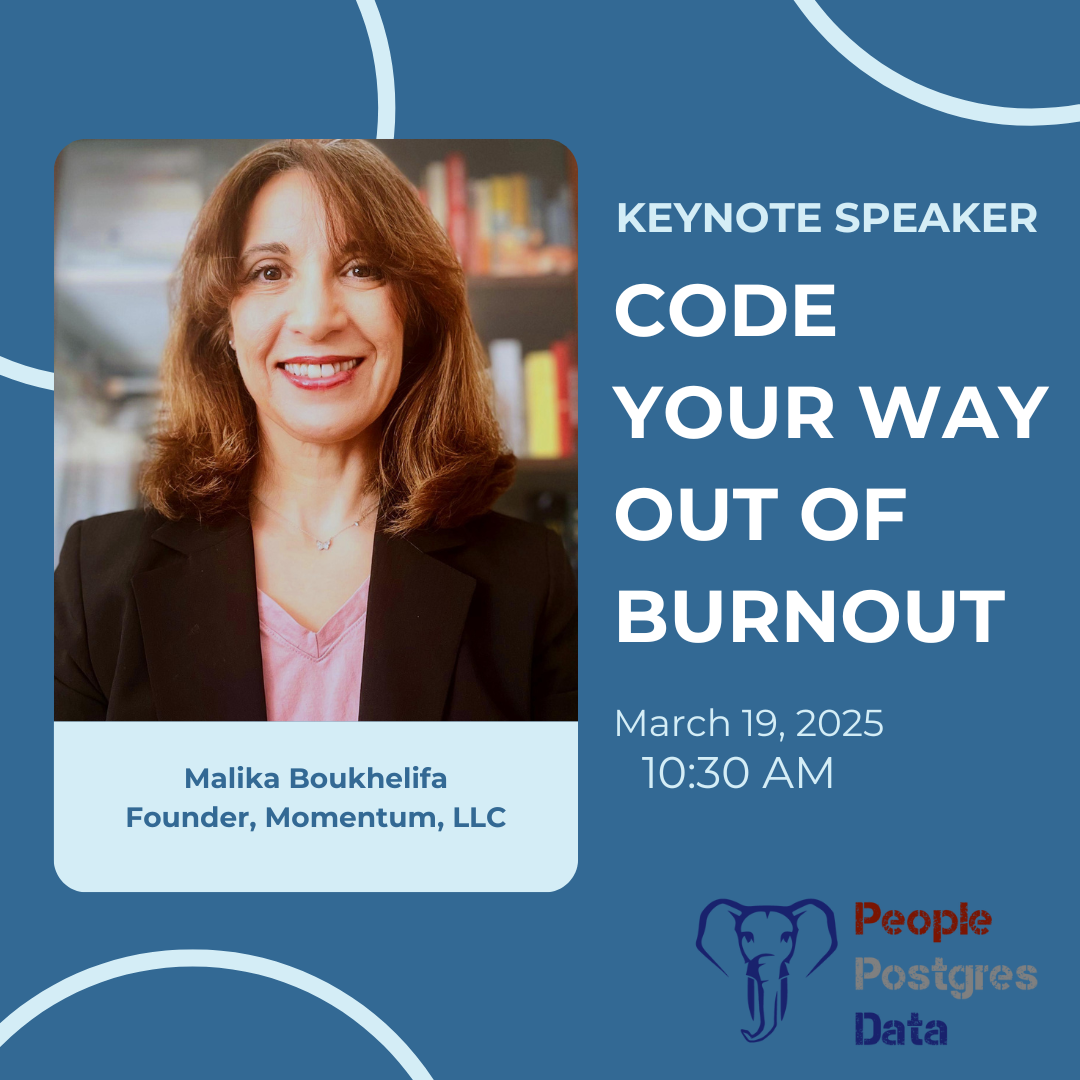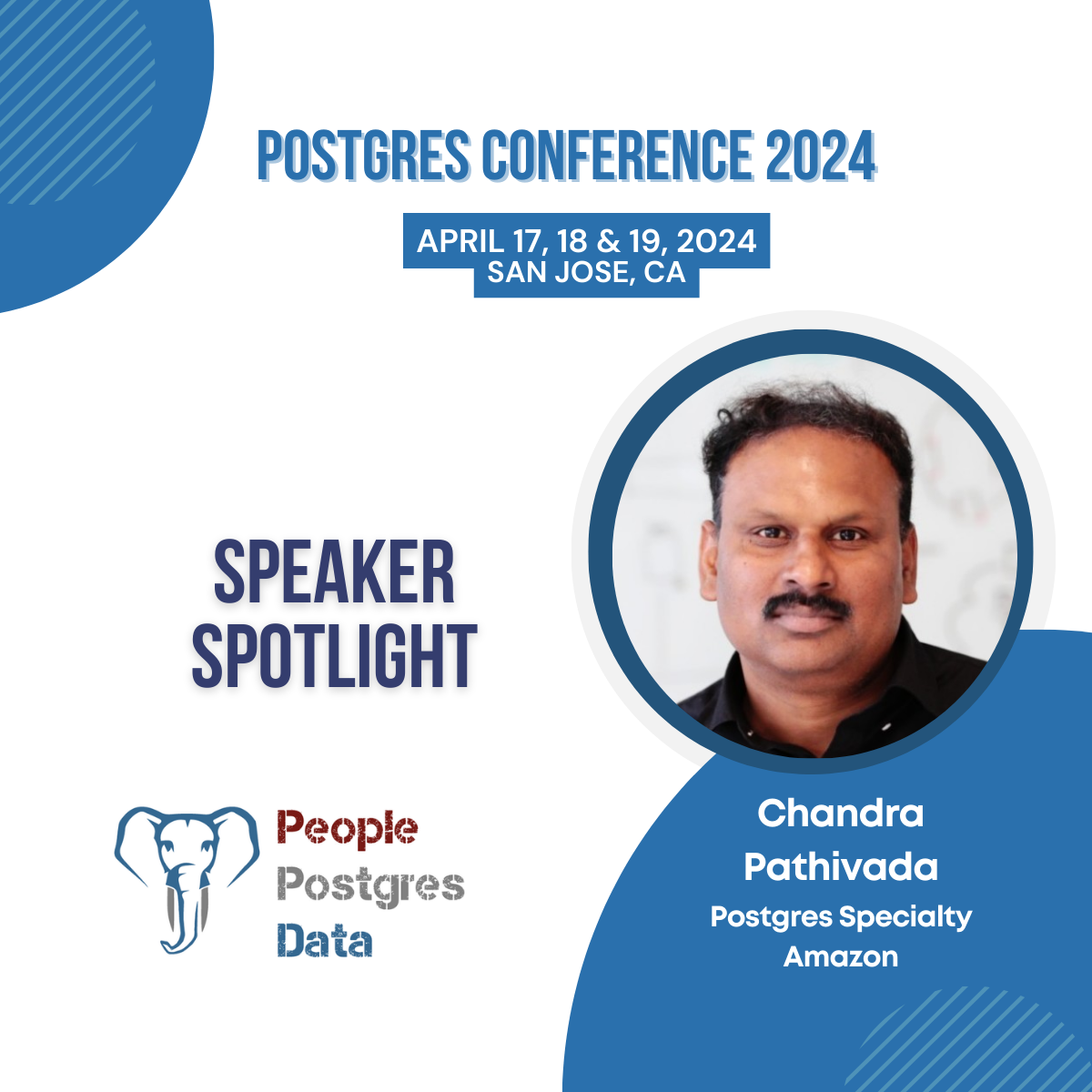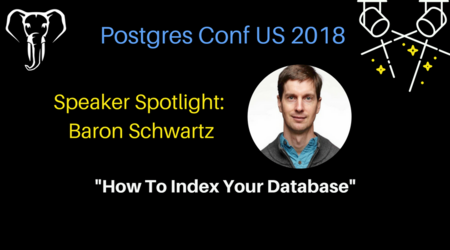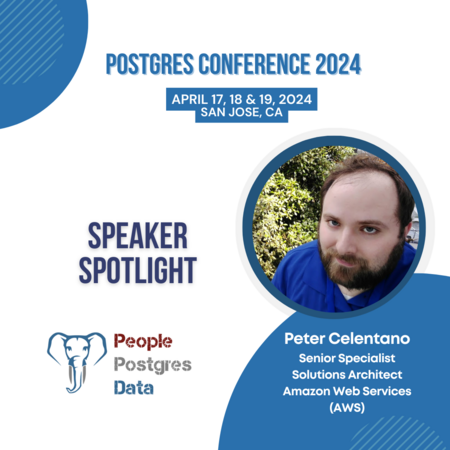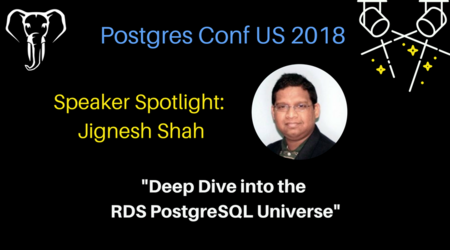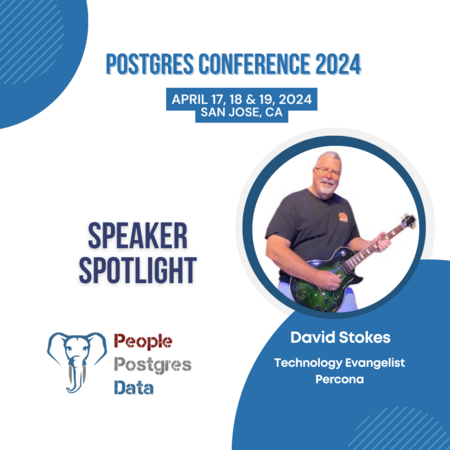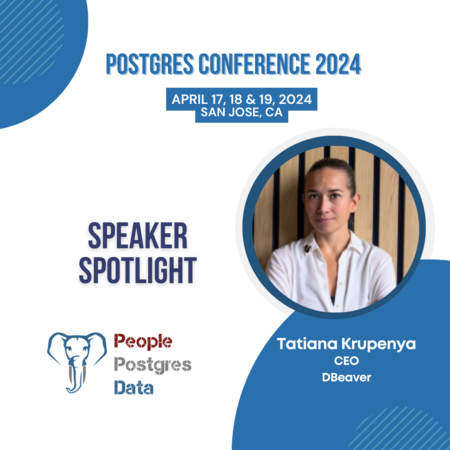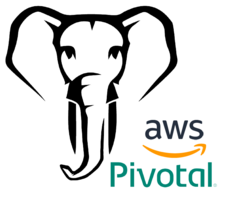
Attention PostgresConf US 2018 registered (and potential) attendees -- our discounted room block at the Westin Jersey City Newport has sold out! We have arranged to add an additional small block, lasting until Monday, March 26th or until it sells out.
HOWEVER, these rooms are selling fast so make your reservation ASAP if interested in staying at the Westin with the special conference rate of $260/night plus applicable taxes for attendees who make their reservations via the dedicated Westin webpage or via telephone (888) 627-7148.
If booking via telephone please mention "PostgresConf US 2018" to receive the group rate. Guest room wifi is included in the room rate.
The Westin Jersey City Newport is the best place to stay and enjoy all conference activities. Attendees will mingle at the Westin bar and hallways throughout the afternoon and long into the evening.
Additional Lodging Options
The DoubleTree by Hilton Hotel Suites Jersey City and the Courtyard Jersey City Newport are two conveniently located hotels just a short walk from the conference. Rooms may be booked via their respective websites.
PostgresConf US Attendee Poll - Action Needed!
Our PostgresConf US 2018 poll is now open -- your input is valued!
Please take two minutes to provide feedback so we can ensure that the conference is a great experience. Registered attendees should have received an email this week with the poll link. Contact us at organizers@postgresconf.org if you did not receive the poll link.
The purpose of this quick poll is to note any dietary restrictions and gauge interest in the Greenplum and RIS Summits, as well as some of our popular sessions so that we can assign room spaces accordingly
Sponsors
During PostgresConf, you will have plenty of opportunity to meet our great sponsors, including:
- Diamond: Amazon Web Services, Pivotal
- Platinum: Compose, OpenSCG, 2ndQuadrant, Microsoft
- Many more!
For more information, please visit our website https://postgresconf.org/conferences/2018.
Need further assistance? Contact us at organizers@postgresconf.org.
We look forward to seeing you in April in Jersey City!
